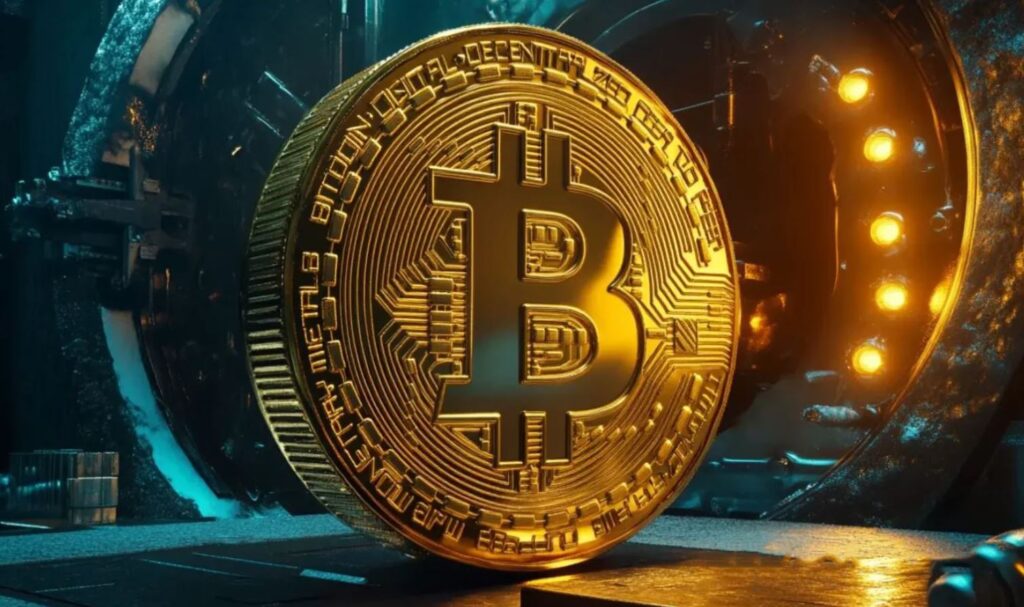South Korea’s central bank, the Bank of Korea, has confirmed that it has no plans to incorporate Bitcoin into the country’s foreign exchange reserves. This decision comes in response to an inquiry from Representative Cha Gyu-geun of the National Assembly’s Planning and Finance Committee. The central bank expressed concerns about Bitcoin’s high volatility, which could lead to drastically higher transaction costs if the crypto market experiences instability. Additionally, the Bank of Korea noted that Bitcoin does not meet the criteria set by the International Monetary Fund (IMF) for foreign exchange reserves, which require assets to maintain liquidity, market stability, and a credit rating of investment grade or higher.
Despite increasing global interest in the idea of national cryptocurrency reserves, following initiatives such as the U.S. government’s decision to establish a Strategic Bitcoin Reserve, South Korea remains cautious. Countries like Brazil and the Czech Republic have expressed more openness to the concept of holding Bitcoin in reserves, but South Korea, alongside other financial institutions like the European Central Bank, the Swiss National Bank, and Japan’s financial authorities, maintains a skeptical stance.
The Bank of Korea clarified that it has neither formally reviewed nor discussed the possibility of adding Bitcoin to its reserves. Some members of the Korean Democratic Party have called for the central bank to consider Bitcoin’s potential role in the country’s financial system, as seen in a policy seminar on March 6. However, the country’s financial regulatory bodies have so far dismissed the idea as premature.
In contrast, South Korea has been gradually easing its stance on cryptocurrency regulations. The Financial Services Commission (FSC) is working on lifting restrictions on institutional crypto trading and is preparing a new legal framework for stablecoin oversight. Additionally, policymakers are considering allowing cryptocurrency exchange-traded funds (ETFs), which could open up new opportunities in the country’s financial sector. This marks a shift towards a more flexible regulatory environment, although the Bank of Korea’s position on Bitcoin remains firmly cautious for now.


Oui peut être qu’elle n’a pas l’expérience et les compétences requises
ok